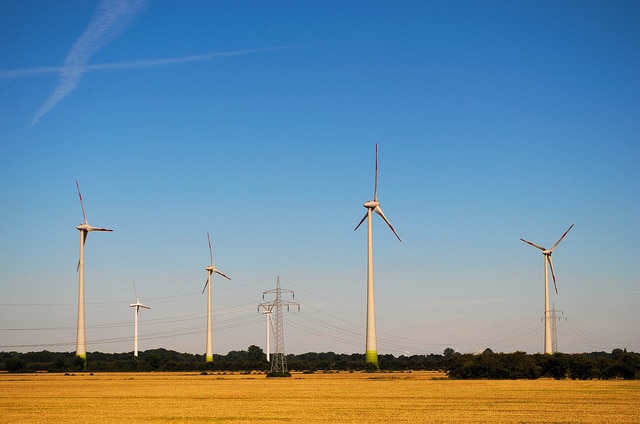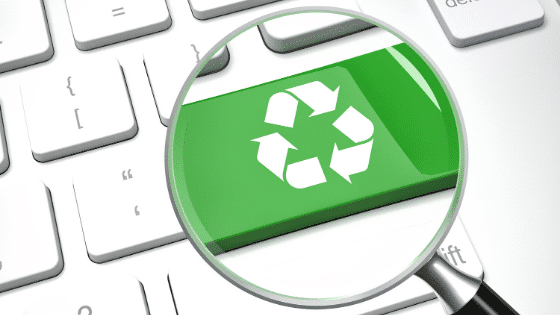Arrangements established by law whereby undertakings are compensated for any extra payments they make to producers of green electricity are likely to bring those payments under the control of the state. Those payments will then be classified as state resources regardless of whether they are managed by private entities. Introduction On 10 May 2016, the General Court issued its […]
State Aid Law
Blog
State Aid Uncovered Blog
In Lexxion’s State Aid Uncovered blog, Prof. Phedon Nicolaides publishes weekly critical analyses of recent State aid judgments and decisions. Each post presents the key points of a court judgment or EU Commission decision, places it in the context of similar case law or practice, assesses the underlying reasoning and highlights any inconsistencies or contradictions.
Guest contributions from other State aid experts will also be published on the blog at irregular intervals to complement the content of the blog posts.
- EEG ×
31. May 2016 |
State Aid Uncovered
by Phedon Nicolaides
7. April 2015 |
State Aid Uncovered
by Phedon Nicolaides
Support of electricity production from renewable energy sources is normally compatible with the internal market. Reduction of taxes on electricity used by energy-intensive industries is allowed only for certain sectors exposed to international trade and only when they bear a certain cost. Taxes on imported electricity normally infringe free-trade and non-discrimination provisions, unless commensurate benefits are extended to imported electricity. […]
2. May 2014 |
State Aid Uncovered
by Phedon Nicolaides
The new guidelines are wider in scope: They also cover energy infrastructure, energy capacity and reductions from electricity levies. The new guidelines have higher thresholds for individual notifications. They allow higher aid intensity when aid is granted through competitive bidding. They require more rigorous application of the principles of necessity and proportionality of aid. Introduction In 2012, the latest year for which […]
- EEG ×
31. May 2016 |
State Aid Uncovered
by Phedon Nicolaides
Arrangements established by law whereby undertakings are compensated for any extra payments they make to producers of green electricity are likely to bring those payments under the control of the state. Those payments will then be classified as state resources regardless of whether they are managed by private entities. Introduction On 10 May 2016, the General Court issued its […]
7. April 2015 |
State Aid Uncovered
by Phedon Nicolaides
Support of electricity production from renewable energy sources is normally compatible with the internal market. Reduction of taxes on electricity used by energy-intensive industries is allowed only for certain sectors exposed to international trade and only when they bear a certain cost. Taxes on imported electricity normally infringe free-trade and non-discrimination provisions, unless commensurate benefits are extended to imported electricity. […]
2. May 2014 |
State Aid Uncovered
by Phedon Nicolaides
The new guidelines are wider in scope: They also cover energy infrastructure, energy capacity and reductions from electricity levies. The new guidelines have higher thresholds for individual notifications. They allow higher aid intensity when aid is granted through competitive bidding. They require more rigorous application of the principles of necessity and proportionality of aid. Introduction In 2012, the latest year for which […]
- EEG ×
31. May 2016 |
State Aid Uncovered
by Phedon Nicolaides
Arrangements established by law whereby undertakings are compensated for any extra payments they make to producers of green electricity are likely to bring those payments under the control of the state. Those payments will then be classified as state resources regardless of whether they are managed by private entities. Introduction On 10 May 2016, the General Court issued its […]
7. April 2015 |
State Aid Uncovered
by Phedon Nicolaides
Support of electricity production from renewable energy sources is normally compatible with the internal market. Reduction of taxes on electricity used by energy-intensive industries is allowed only for certain sectors exposed to international trade and only when they bear a certain cost. Taxes on imported electricity normally infringe free-trade and non-discrimination provisions, unless commensurate benefits are extended to imported electricity. […]
2. May 2014 |
State Aid Uncovered
by Phedon Nicolaides
The new guidelines are wider in scope: They also cover energy infrastructure, energy capacity and reductions from electricity levies. The new guidelines have higher thresholds for individual notifications. They allow higher aid intensity when aid is granted through competitive bidding. They require more rigorous application of the principles of necessity and proportionality of aid. Introduction In 2012, the latest year for which […]





